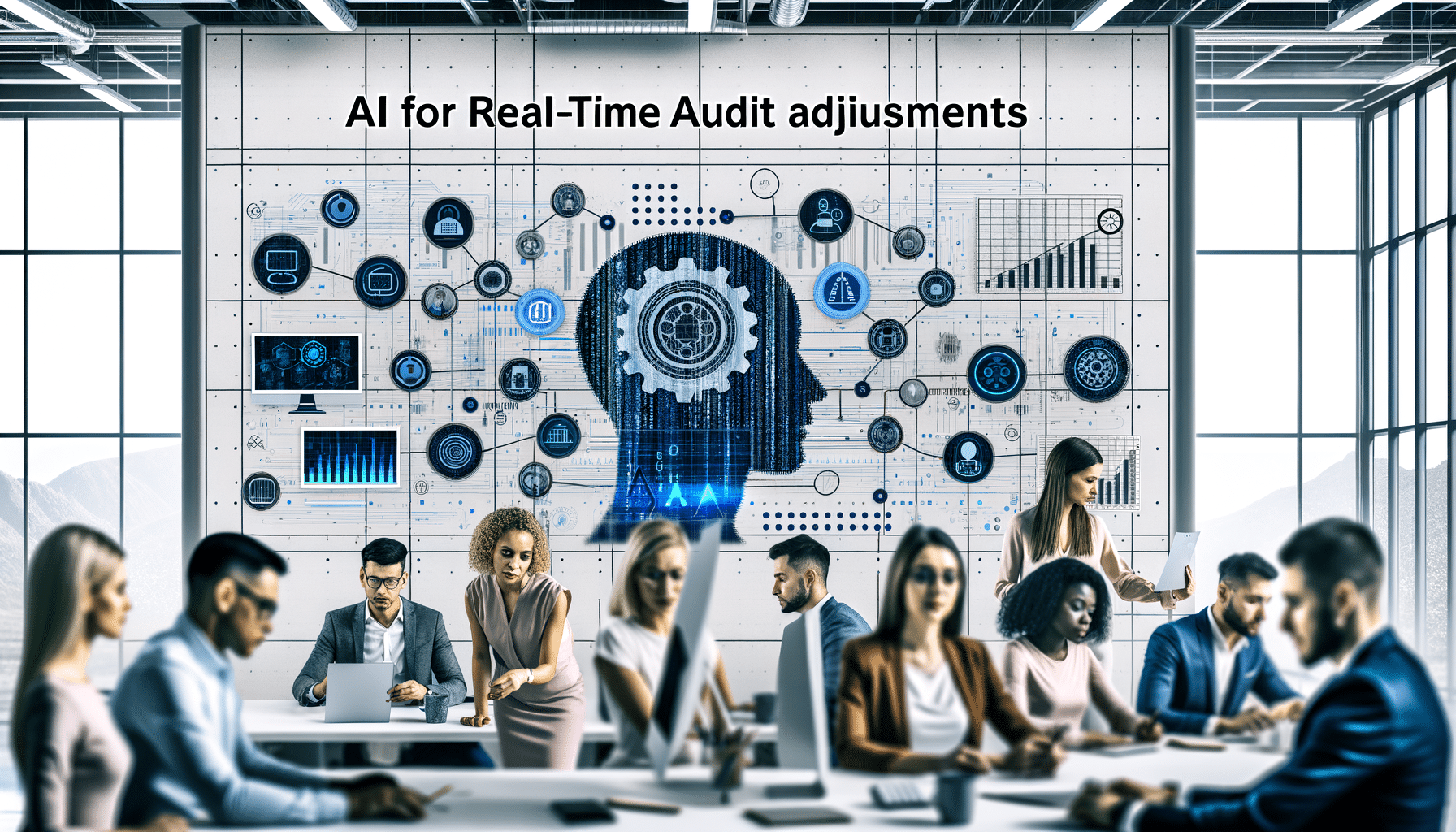As the founder of RecordsKeeper.AI, I am thrilled to delve into an area that intimately aligns with our mission—audit management redefined by AI. As businesses evolve in the digital age, the traditional audit processes have not kept pace. The growing complexity, regulatory changes, and sheer volume of transactions make it imperative for organizations to look at innovative solutions, and AI stands as a beacon in this transformation journey.
The Challenge of Traditional Audit Processes
Imagine being buried under mountains of paperwork or overloads of electronic data, desperately trying to ensure accuracy, completeness, and compliance. Finance and compliance managers are all too familiar with this scenario. The traditional audit process is often manual, time-consuming, and prone to human error, not to mention the retrospective nature of audits leading to outdated insights.
Embracing AI for Real-Time Audit Adjustments
Emerging technologies like AI offer a breakthrough. By leveraging real-time data analysis capabilities, AI empowers organizations to transition from static audits to dynamic, ongoing audit management.
- Reduced Human Error: AI algorithms can process large volumes of data instantaneously with precision, significantly reducing the likelihood of misinterpretation or oversight.
- Improved Efficiency: AI-enabled platforms, such as RecordsKeeper.AI, streamline data categorization and interpretation, freeing up auditors to focus on more strategic tasks that require human judgment.
- Compliance Made Easy: AI-driven compliance management automates the adherence to regulatory standards like GDPR and SOX, thus ensuring that policies are enforced in real-time without exhausting human resources.
How Real-Time Insights are Revolutionizing Auditing
The capability to adjust audits in real-time means that discrepancies can be identified and rectified promptly before they escalate into larger issues. Let’s explore how:
1. Instant Anomaly Detection
AI systems can continuously monitor transactional data, flagging anomalies within moments. This instant evaluation empowers auditors to dig deeper into suspicious activities before they significantly impact the organization, ensuring proactive rather than reactive adjustments.
2. Dynamic Risk Assessment
Audit environments are dynamic, and with AI, audits are no longer confined to periodic checks. The real-time analysis facilitates continuous risk assessment, meaning organizations can recalibrate audit strategies as new data becomes available, directly addressing emerging threats.
3. Streamlined Reporting
Generating audit reports that often took weeks can now be accomplished in hours. AI collates data into ready-to-use formats, easing the pressure on audit teams while ensuring reports align with the latest regulatory requirements.
Integrating AI in Your Audit Workflow: A Strategic Approach
Deploying AI within auditing processes involves strategic implementation. Here are actionable tips:
- Begin with Data Readiness: Ensure your data is clean, structured, and well-organized to maximize AI effectiveness. RecordsKeeper.AI offers robust data categorization tools that ensure data quality from the outset.
- Train Your Team: While AI automates various aspects, human oversight remains crucial. Ensuring your team is trained to understand and interpret AI outputs makes for a seamless integration.
- Incremental Integration: Avoid disrupting existing processes. Gradually integrate AI into your audit workflow to allow easy transition and adoption by the team.
The Future of Audit: Decentralization with Blockchain
AI is not alone in transforming audits. Introducing blockchain technology within audit systems can further cement data integrity. Immutability is a key feature of blockchain, guaranteeing that records are tamper-proof. This ensures audit trails are untouchable, thereby reinforcing trust and transparency.
At RecordsKeeper.AI, integrating blockchain is a priority to furnish our users with unparalleled data security, offering a competitive edge in record management.
Conclusion
The integration of AI in audits isn’t just a technological upgrade—it’s a catalyst for evolution in compliance management and strategic insight generation. By embracing AI for real-time audit adjustments, businesses can optimize resource allocation, mitigate risks, and drive innovation.
We at RecordsKeeper.AI are excited to join you on this journey. For continuous insights and expertise from my experience in leveraging AI to reshape industries, stay tuned. I’m eager to hear your thoughts and challenges as we tread this path together.
What are your thoughts on transitioning to AI-aided systems for auditing? Do follow me for more cutting-edge discussions in the world of tech innovation and beyond.








